6 Things Only Boaters Will Understand
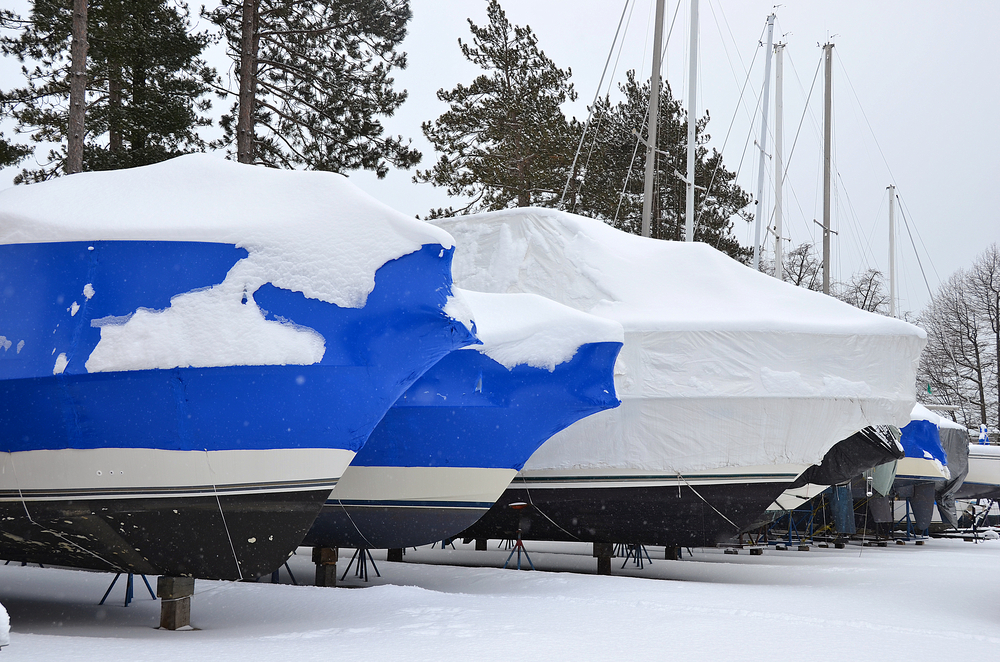
Boaters live in a completely different world. If you’re the only one in your pool of friends who owns a boat, then you’re the only one who knows what boat winterization is. You’re probably only a few who are always watching the Weather Channel too!
Boating is fun and exciting, but not everything’s rainbows, especially when the cold season hits. And for a boat trip, you’re the one stuck preparing for EVERYTHING. Everyone else is just deciding on what swimsuit to wear.
Only Boat Owners Understand the Following
There are so many things that boaters have to keep in mind throughout the year. This is true, especially when you regularly sail. Whether you’re an aspiring boater or just interested in boating, here are some things that only boaters understand.

- Boaters Know How to Travel Light
Going on a sailing or fishing trip requires long and tedious planning for a boater. You’re not just listing down the things you want to bring but also weighing them! You know how to travel light; having too much gear can be trouble. So you try to travel light like bringing only a few changes of clothes or equipment. But you can never cut down on your food and water supply.
Boaters stock up on food and water depending on how many days they plan to stay on the water and the number of passengers on board. Some boat owners convert a room into a walkthrough freezer to stock more food. Tanks of clean drinking water are essential. This makes up a large chunk of the weight of the entire boat.
So the next time you plan your next boating trip, take time to list down all your cargo. Travel light but never cut down on your food and water supply.
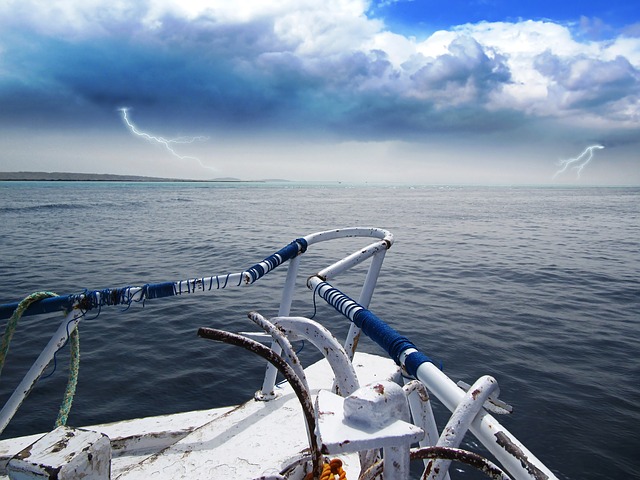
- Boaters are Always Aware of the Weather
The weather at sea can change on the brink of an eye. It could be bright and shiny one minute and cloudy and raining the next. This unpredictability can take any boater off guard, which is why they take time to check the weather from time to time.
You know you’re a serious boater if you are subscribed to the Weather Channel or have the app on your smartphone. Aside from regular weather forecasts, it would help if you lived by some tips from the U.S. Coast Guard.
The guide called “A Boater’s Guide to the Federal Requirements for Recreational Boat” will help you learn weather-changing techniques. Take note of the following signs of bad weather at sea.
- Black clouds are becoming lower and thicker.
- Rising clouds with a puffy shape.
- Very dark clouds with a threatening appearance on the west-southeast side.
- Striking light that looks like a halo around the moon or sun.
- The Temperature drops suddenly and is very noticeable.
- An abrupt change in wind direction.
- The tide suddenly becomes heavy.
- Very noticeable AM radio static indicates a thunderstorm near the area.
Boaters don’t overlook these signs. They also follow the Coast Guard recommendations for these situations:
- Maintain continuous headway by reducing your speed.
- Wear your life jacket. Tell your passengers and crew to do it as well.
- Take your passengers to the bottom of your vessel and sit along the centerline.
- Go to a nearby safe-to-approach shoreline and power on your running lights.
- The bilges must have no water.
- In case of engine failure, drop your anchor or bucket. If necessary, you should anchor your boat for safety.
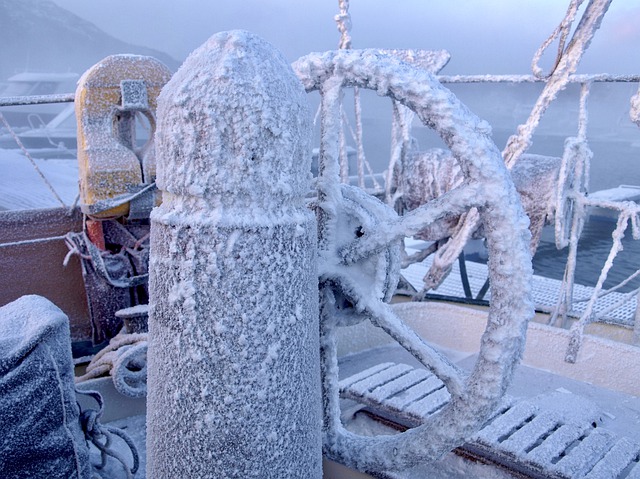
- Boat Winterization is a Huge Deal
Only dedicated boaters know the importance of engine and boat winterization. Boat winterization is the process of preparing your vessel to avoid the dangerous and costly effects of cold weather. During winterization, the boat engine and other components are cleared of water. This is because water can freeze up and damage the internal engine parts.
Water is removed from all engine and boat components while adding antifreeze to the system will ensure that any leftover water or moisture won’t freeze. Boaters start winterization before the temperature becomes too cold to work. They may opt to winterize their boats and keep these on the dock or marina. They may also hire a local expert to winterize their boat and store it in a warehouse.
Boat winterization is tedious and costly, but it’s worth every penny. It keeps your boat safe, secure, and ready to sail after the winter season is over. The best way to make sure your boat is prepared for the winter is to hire an expert for professional winterization services.
Most boat winterization companies offer special packages like engine winterization with oil change and winterization plus filters and fluids. These packages save you time, money, and effort in the long run.
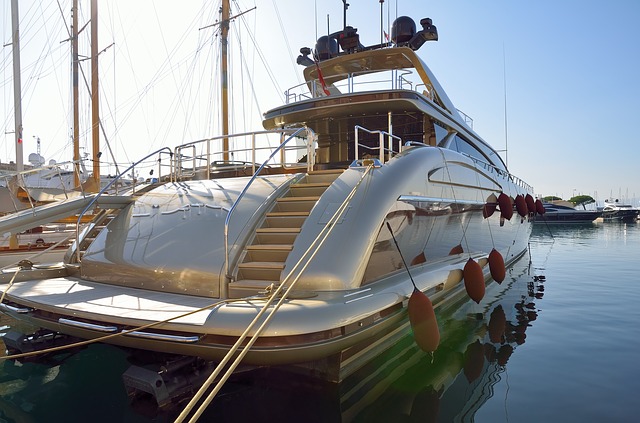
- Boaters Dream of Living on a Boat
Almost all boaters dream of living on their boats. There’s that special feeling when you start your engine and begin moving away from the docks. You’re on your own, with no one to bother you. Just you, the wind, and the water. What more could you ask for?
This is why many boaters prefer a larger vessel where they could live at sea for days or weeks. Nowadays, boats are fully customizable. You can have a full-sized kitchen, an entertainment center, or a large deck for water fun activities from the cabin to the galley.
But of course, every boater also knows that living permanently on a boat is nearly impossible. You still need to dock and get more supplies. You can’t sail on your own. It would help if you formed alliances to get acquainted with fellow boaters to help each other in times of need. This is why the next item on our list is essential.
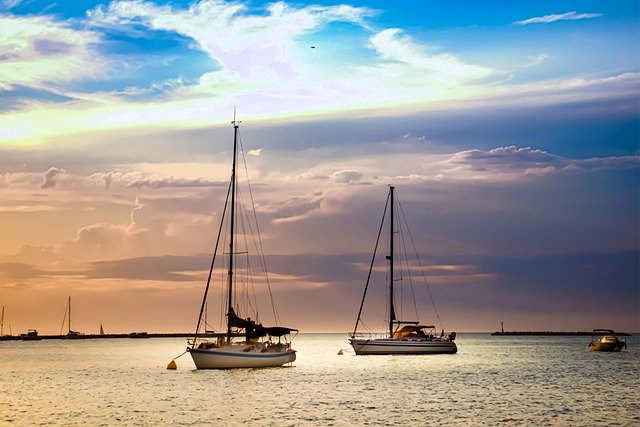
- Waving is Contagious
A boater always takes time to greet, to wave to fellow boaters. This contagious greeting is coupled with a bright smile as if you’ve seen a long-time friend.
This way of greeting is common in most boaters because, unlike on land, it’s very seldom you find fellow boaters out in the open sea. With an open wave and friendly gesture, you’re also implying that if they ever need help, you’re just a holler or a radio away.
But in some cases, you may feel reluctant to wave at others who seem hostile or appear dangerous. In these situations, it’s best to trust your instincts. You may greet and wave but never let anyone come on board.
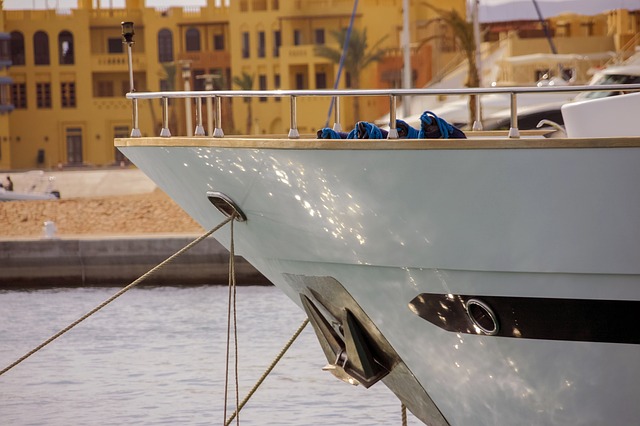
- Steering is Easy, but Docking is a Different Thing
Moving your boat across the waves pushing the throttle is an easy task. Anyone can do it. But docking is something that even experienced boaters find hard. This is true, especially when you have strong winds and rough waters.
Only a boater will understand how intricate docking really is, especially when you’re docking your boat. If you’re a newbie, you may ask an expert to guide you, or you can radio the local marina or coast guard for help in case of powerful winds.
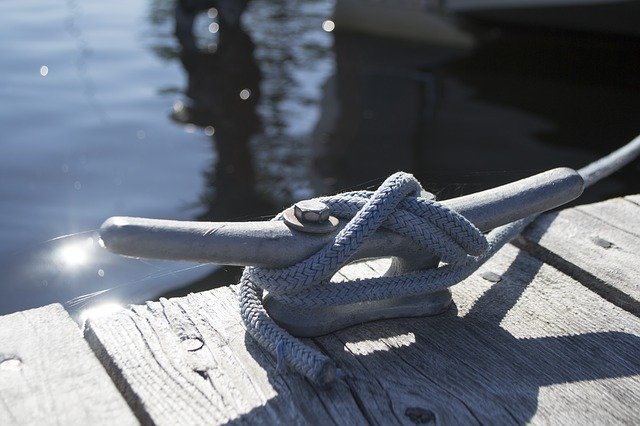
Final Words
Boating life is challenging and a lot of fun. As long as you observe safety and consider all boating rules, you’re ready to have a lot of memorable times at sea with your trusty boat.
--------------------------------
Guestbeat.com Notice!
Audience discretion is needed, Read TOS.
Submit Guest Post / Read Latest / Category List
App & Rate-Us / Subscribe Daily Newsletter (FREE)



